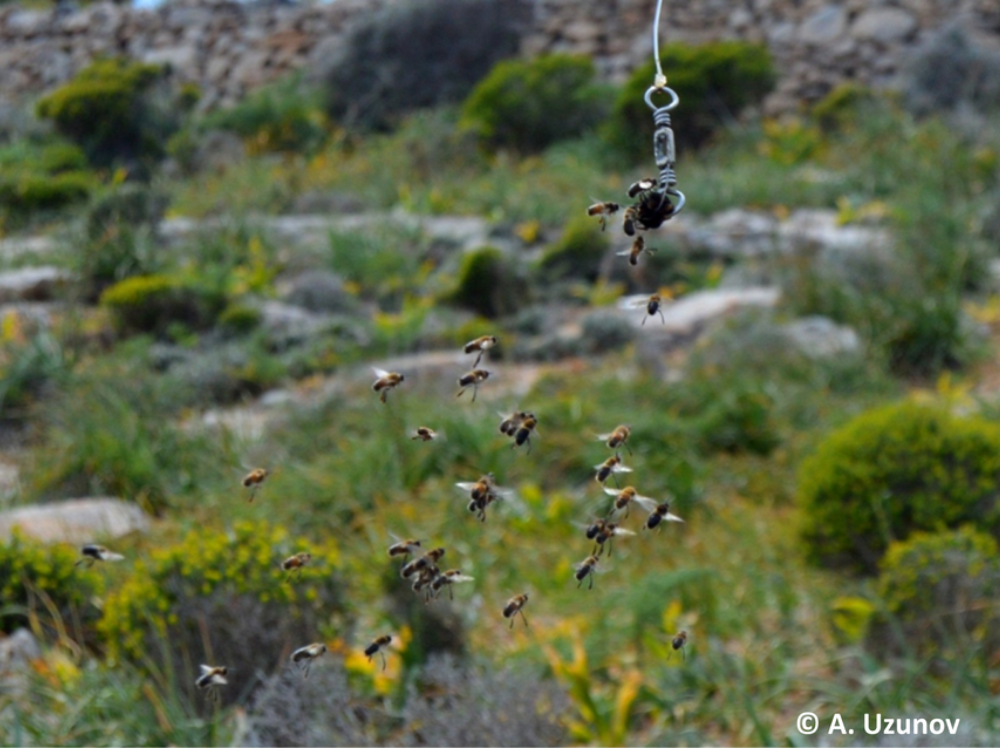
MACEDONIAN PROJECT TEAM
- Prof. dr Aleksandar Uzunov – project coordinator
- MSc Borche Pavlov – project assistant
- BSc Goran Aleksovski – project assistant
CONTACTS
Faculty of Agricultural Sciences and Food,
Office room number 34,
Str. 16-ta Makedonska brigada No 3,
P.O. Box 297, 1000 Skopje, Macedonia
CARPEA was established as a consulting company in 2002 in a framework of the Faculty for Agricultural Sciences and Food from Skopje with its primary business in the field of applied research and education in agriculture. For almost a decade, and on behalf of the Ministry of Agriculture, Forestry and Water Economy, CARPEA supports the activities to monitor the national programme for genetic improvement as well as the programme for the conservation of A. m. macedonica. The experts on the CARPEA’s team have long-lasting experience with initiating, implementing and conducting numerous transnational and cross-border programmes in the field of beekeeping. The team also has experience in conducting research on the use of small size island as a potential mating station, specifically in Prespa Lake.
BeeConSel role
In the framework of the project CARPEA will be leading WP3-Assessment and implementation of best-suited mating control models.
The core objectives include the assessment of the apicultural and biological aspects of different control mating methods and their economic appraisal. In practical terms, we will assess the possibility and rationality of establishing mating stations in several isolated mountainous locations across the country; improve the current protocols and practices for utilization of “Snake Island” as an isolated location for honey bee mating; establish a specialized laboratory for instrumental insemination and assess the potential for the use of the avant-garde “Jo Horner” mating control method.
The outcome of the project will consist of practical recommendations on the future use of appropriate and realistic mating control approaches in the programs for genetic improvement and conservation of the native population of A. m. macedonica.





